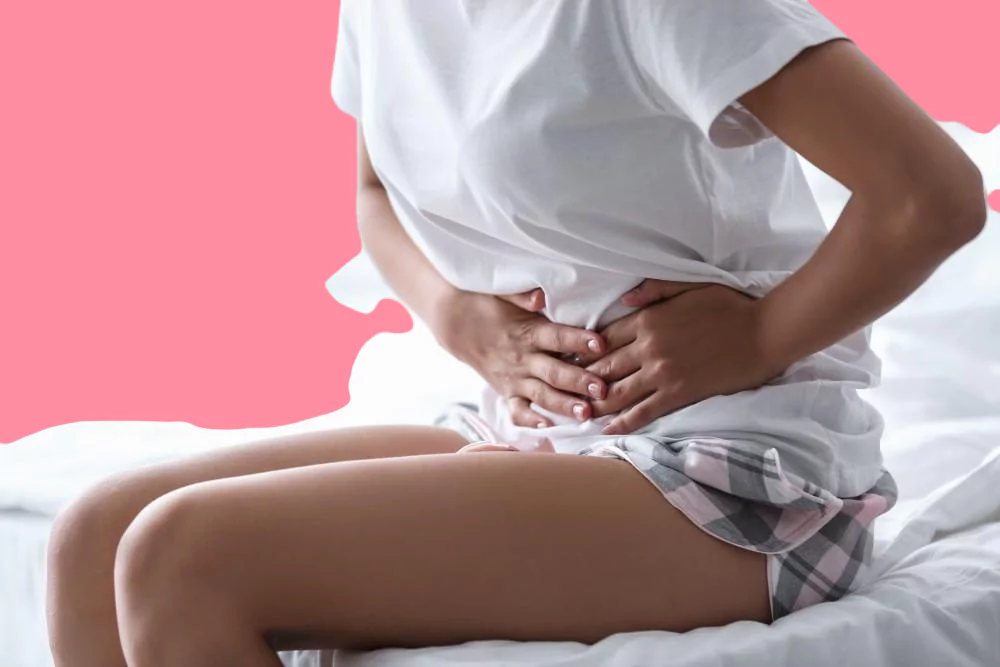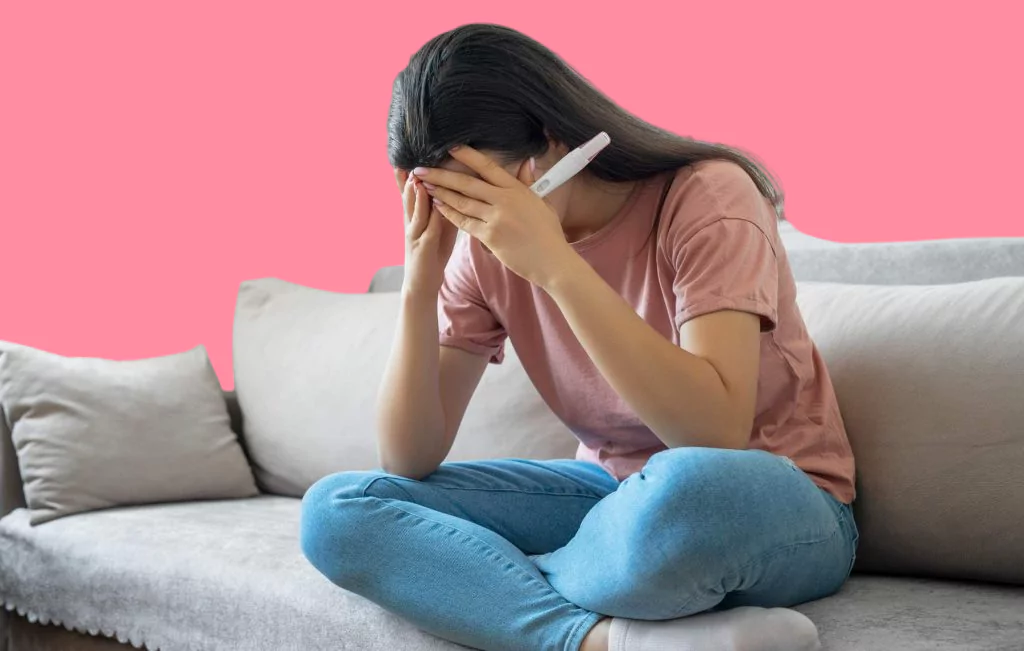Ovulation dysfunction is one of the most common problems facing women who want to conceive, and it directly affects menstrual cycle regularity and the chances of conception.
What is ovulation dysfunction?
Ovulation dysfunction is a condition in which ovarian activity decreases or stops completely, making it difficult to conceive naturally.
What are the signs of ovulation dysfunction?
A number of signs may indicate ovulation dysfunction, including:
- Irregular menstrual cycles.
- Low or absent vaginal discharge during ovulation.
- Loss of sexual desire.
- Increased hair loss or acne.
- Recurrent lower abdominal pain.
Causes of ovulation dysfunction in women

There are various causes that lead to ovulation dysfunction, including:
- Aging.
- Hormonal imbalances.
- Psychological stress or chronic fatigue.
- Polycystic ovary syndrome.
- Overweight or extreme thinness.
Methods for Stimulating Ovulation
There are several methods that can help stimulate ovulation, such as:
- Taking ovarian-stimulating medications under a doctor's supervision.
- Regulating weight and following a healthy diet.
- Exercising regularly.
- Treating any associated hormonal disorders.
- Quitting smoking and excessive caffeine.
Tips to Increase Your Chances of Ovulation and Pregnancy
To improve ovulation quality and increase your chances of conception, the following are recommended:
- Taking vitamin supplements such as folic acid.
- Maintaining adequate and regular sleep.
- Avoiding stress and psychological pressure.
- Regular follow-ups with a doctor to assess your eggs and hormones.
When should you see a doctor?
It is recommended to see a doctor in the following cases:
- Delayed conception for more than a year despite regular intercourse.
- Amenorrhea or recurrent irregular periods.
- Experiencing severe pain in the pelvic area or ovaries.
Is it possible to permanently treat ovulation dysfunction?

In some cases, it can be completely treated, especially if the cause is detected early, such as hormonal disorders or polycystic ovary syndrome (PCOS). Other cases require long-term follow-up or continuous stimulation treatments.
Does ovulation dysfunction prevent pregnancy?
Not always. Some women may experience irregular ovulation and pregnancy can occur during an active cycle.
Can ovulation be stimulated naturally?
Yes, through a balanced diet, exercise, and eating foods rich in antioxidants, such as fresh fruits and vegetables.
Article Summary
Ovulation dysfunction is a common problem that affects the regularity of menstruation and the chances of pregnancy in women. It is caused by hormonal disorders, polycystic ovary syndrome (PCOS), or stress.
Ovulation can be stimulated with medications, lifestyle improvements through proper nutrition, exercise, and regular medical follow-up.